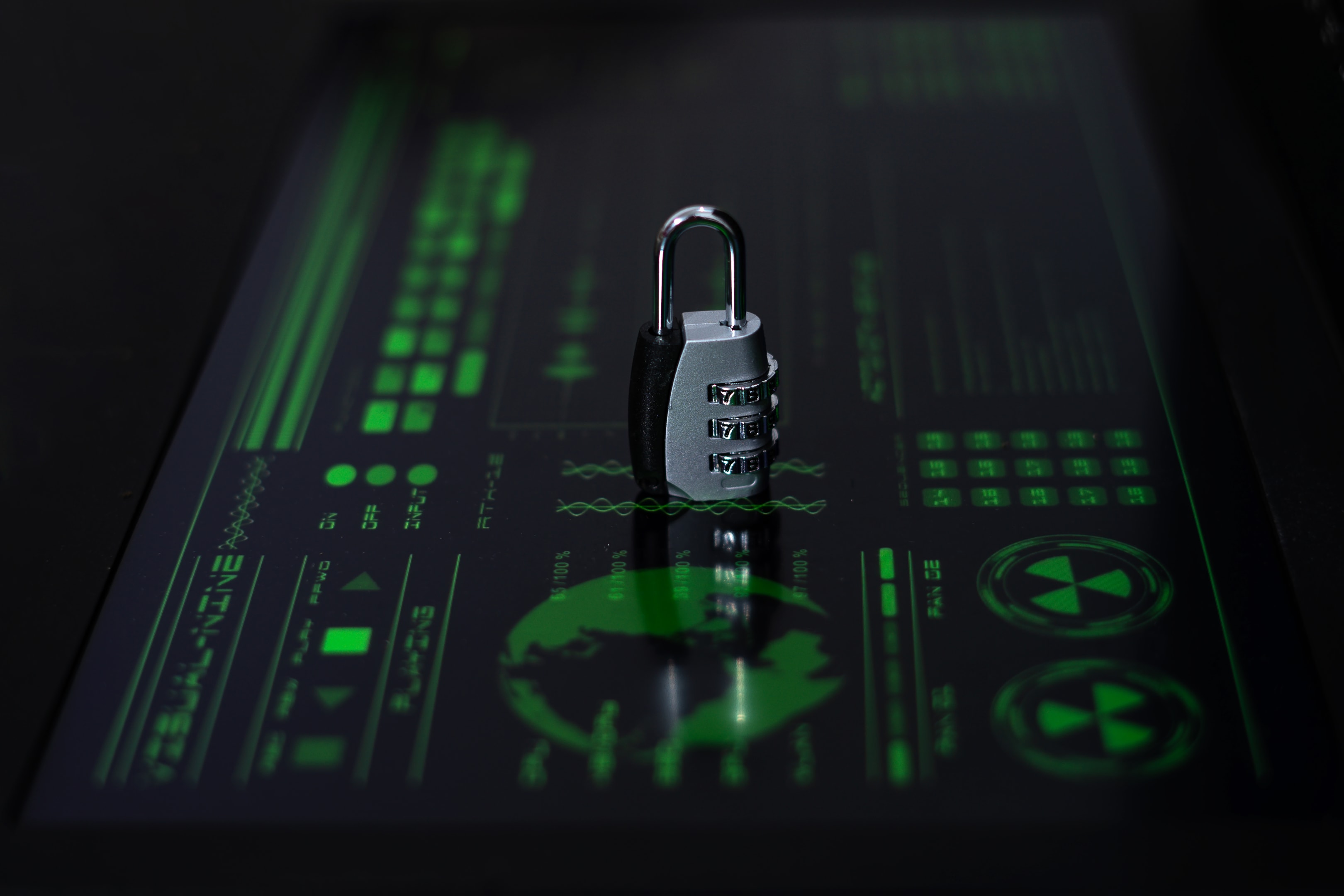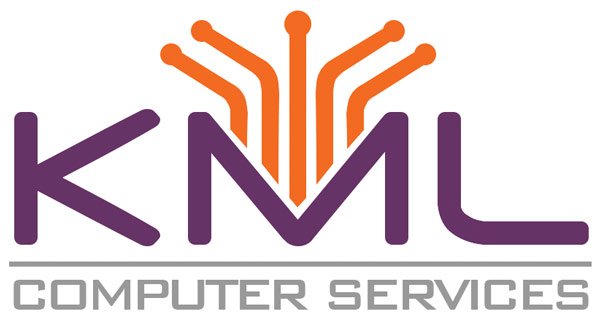
Establishing a solid cybersecurity foundation is essential for businesses of all sizes, especially as cyber threats continue to evolve. Without a proactive approach to securing your business’s data and systems, the risks of cyber attacks, data breaches, and operational disruptions increase significantly. Implementing best practices, employee training, and the right security tools is critical to protecting your business.
Developing a Cybersecurity Policy
A cybersecurity policy is a crucial document that outlines an organization’s approach to protecting its digital assets and data. For small businesses, a well-crafted cybersecurity policy serves as the foundation for all security efforts, providing clear guidelines on how to prevent, detect, and respond to cyber threats.
The policy helps ensure consistency in security practices, reduces the likelihood of security breaches, and demonstrates to clients and partners that the business takes cybersecurity seriously.
Key Components of a Strong Cybersecurity Policy
It’s important to know the key elements that make a cybersecurity policy robust and effective.
- Roles and Responsibilities: Specifies who is responsible for implementing and maintaining various aspects of cybersecurity within the organization, from IT staff to executive leadership.
- Data Protection: Outlines procedures for data classification, handling, storage, and disposal, with particular attention to sensitive information.
- Access Control: Details the protocols for granting and revoking access to systems and data, ensuring that only authorized personnel have access to sensitive information.
- Incident Response Plan: Provides a step-by-step guide on how to respond to cybersecurity incidents, including communication protocols, reporting procedures, and recovery steps.
- Acceptable Use Policy: Defines what is considered acceptable behavior regarding the use of company devices, networks, and data, including guidelines for internet use, email, and social media.
- Compliance Requirements: Lists any industry-specific regulations or legal requirements that the business must adhere to, such as GDPR, HIPAA, or PCI-DSS.
Steps to Create a Cybersecurity Policy Tailored for Small Businesses
Creating a policy involves several steps to ensure it meets your organization’s unique needs.
- Assess Your Risks: Begin by conducting a thorough risk assessment to identify the most critical assets and the specific threats your business might face. This will help you tailor your policy to address the most relevant risks.
- Define Clear Objectives: Establish the primary goals of your cybersecurity policy, such as protecting customer data, ensuring business continuity, and complying with legal requirements.
- Communicate and Implement: Distribute the finalized policy to all employees and provide training on its contents. Make sure employees understand their roles and responsibilities regarding cybersecurity.
- Regularly Update the Policy: Cyber threats evolve rapidly, so it’s essential to review and update the policy regularly to keep it relevant. Reassess the policy at least annually or after any significant changes to the business or threat landscape.
Employee Training and Awareness
Once the policy is established, proper employee training is essential to ensure its effectiveness.

Importance of Cybersecurity Training for Employees
Effective training transforms employees into a line of defense against potential threats.
- First Line of Defense: Employees are often the first line of defense against cyber threats. Without proper training, they may inadvertently fall victim to phishing scams, social engineering attacks, or other common threats.
- Reducing Human Error: A significant number of cyber incidents are caused by human error. Regular training helps employees recognize potential threats and respond appropriately, reducing the likelihood of a security breach.
- Compliance and Legal Requirements: Many industries require businesses to provide cybersecurity training to employees as part of their compliance obligations. Failure to do so can result in fines or legal repercussions.
- Building a Security Culture: Training helps foster a culture of security within the organization, where employees are more likely to take cybersecurity seriously and adhere to best practices.
Tips for Effective Cybersecurity Training Programs
Here are some key points to consider when developing training programs for your organization.
- Tailor Training to Your Audience: Different roles within your organization will face different cybersecurity risks. Tailor your training to address the specific needs and threats relevant to each group, whether it’s general staff, IT personnel, or management.
- Use Real-World Examples: Incorporate examples of recent cyberattacks, particularly those that have affected small businesses, to illustrate the importance of the training and make it more relatable.
- Interactive and Engaging Methods: Use interactive methods such as quizzes, simulations, and role-playing exercises to engage employees and reinforce learning. For example, phishing simulations can help employees recognize and respond to suspicious emails.
- Regularly Update Training: Cybersecurity is a constantly evolving field, so it’s crucial to update training materials regularly to reflect the latest threats and best practices. Offer refresher courses periodically to keep knowledge current.
- Promote a Continuous Learning Environment: Encourage employees to stay informed about cybersecurity by providing ongoing resources, such as newsletters, webinars, or access to online courses.
Access Control and Management
To further enhance your cybersecurity measures, managing access to sensitive information is critical.
The Importance of Access Control to Protect Sensitive Information
Controlling access to sensitive data helps limit exposure to potential threats.
- Minimizing Risk: By limiting access to sensitive data to only those who need it for their job roles, businesses can significantly reduce the risk of data breaches. This principle, known as “least privilege,” ensures that even if an account is compromised, the damage is limited.
- Preventing Insider Threats: Not all security threats come from external sources; some originate from within the organization. Restricting access helps mitigate the risk of insider threats, whether malicious or accidental.
- Compliance with Regulations: Many data protection regulations, such as GDPR or HIPAA, require businesses to implement strict access controls to safeguard sensitive information. Non-compliance can lead to heavy fines and legal consequences.
Best Practices for Managing Access Control
Adopting the following practices can help maintain secure access to critical data.
- Implement Role-Based Access Control (RBAC): Use RBAC to assign permissions based on an employee’s role within the organization. This ensures that employees only have access to the information necessary for their specific job functions.
- Use Multi-Factor Authentication (MFA): MFA adds an extra layer of security by requiring users to provide two or more verification factors to gain access. This significantly reduces the likelihood of unauthorized access, even if credentials are compromised.
- Regularly Review and Update Access Rights: Conduct periodic reviews of access rights to ensure that employees have appropriate access based on their current roles. Remove access for former employees immediately upon their departure.
- Monitor and Log Access Activities: Keep detailed logs of who accesses sensitive data and when. Monitoring these logs can help detect unusual or unauthorized access patterns, allowing for prompt investigation and response.
- Enforce Strong Password Policies: Require employees to use strong, unique passwords and change them regularly. Consider implementing password management tools to help employees manage their passwords securely.
- Limit Access to Remote Work: For employees working remotely, ensure that they access company systems through secure connections, such as virtual private networks (VPNs), and restrict access to sensitive data when possible.
Essential Cybersecurity Tools and Technologies
In addition to policies and training, the right tools are key to protecting your business from threats.
Antivirus and Anti-Malware Software
A reliable antivirus program is the first line of defense against various cyber threats.
Importance of Antivirus and Anti-Malware Software
Antivirus software is crucial for the protection of your business systems.
- Protection Against a Wide Range of Threats: Antivirus and anti-malware software are the first line of defense against malicious software, including viruses, worms, ransomware, and spyware. These tools are essential for detecting, blocking, and removing malware that can compromise sensitive data or disrupt business operations.
- Real-Time Threat Detection: Modern antivirus and anti-malware programs offer real-time protection, scanning files and emails as they are accessed or received, helping to prevent infections before they cause damage.
- System Integrity and Performance: By preventing malware infections, these tools help maintain the integrity of business systems, ensuring that they run efficiently without being bogged down by malicious processes.
Recommended Antivirus Software for Small Businesses
When selecting antivirus software, consider solutions that fit the unique needs of small businesses.
- Bitdefender Small Office Security: Offers robust protection against ransomware and other threats, with minimal impact on system performance, making it ideal for small businesses with limited IT resources.
- Malwarebytes for Teams: Focuses on advanced threat detection, particularly for ransomware and zero-day exploits, and is easy to deploy across small business networks.
Firewalls
Firewalls are another essential tool for protecting your network and internet connection.
Types of Firewalls
Understanding the types of firewalls and their benefits can help you choose the best option for your business.
- Hardware Firewalls: Physical devices that sit between your internal network and the external internet, filtering incoming and outgoing traffic. Often used in larger network setups but valuable for small businesses.
- Cloud Firewalls (Firewall as a Service – FWaaS): Cloud-based firewalls protect network infrastructure hosted in the cloud, offering scalability and protection for businesses using cloud services.
Importance of Firewalls
Firewalls offer critical protection for business systems and data.
- Network Protection: Firewalls act as a barrier between your internal network and external threats, preventing unauthorized access to your systems and sensitive data.
- Control and Monitoring: Firewalls allow businesses to control the flow of traffic, monitor for suspicious activities, and enforce security policies across the network.
- Compliance: Many regulations require businesses to have firewalls to protect sensitive data and meet legal obligations.
Firewall Recommendations for Small Businesses:
When considering firewalls, select a solution that fits the size and scope of your business.
- Sophos XG Firewall: Combines hardware and software firewall capabilities with advanced threat protection features, including intrusion prevention and sandboxing.
- Fortinet FortiGate: Provides a wide range of security features, including VPN support and intrusion prevention, designed for small to medium-sized businesses.
Encryption Tools
Encryption tools protect sensitive data, ensuring that even if intercepted, it cannot be read without proper authorization.

Importance of Encrypting Sensitive Data:
Encryption safeguards your business data from unauthorized access.
- Data Confidentiality: Encryption ensures that even if sensitive data is intercepted or accessed by unauthorized parties, it remains unreadable without the correct decryption key.
- Compliance and Legal Obligations: Many regulations require businesses to encrypt sensitive data, particularly in industries like finance, healthcare, and e-commerce.
- Protecting Data in Transit and at Rest: Encryption protects data both in transit and at rest, reducing the risk of data breaches.
Recommendations for Small Businesses:
Use encryption tools that fit seamlessly into your existing systems.
- BitLocker: A full-disk encryption tool built into Windows that provides strong encryption for data at rest, making it a convenient option for businesses using Windows devices.
Backup Solutions
Backing up important files ensures you can recover data in the event of loss, ransomware attacks, or other incidents.
Importance of Regular Backups:
Backing up your files is an essential step to maintaining business continuity.
- Data Recovery: Regular backups ensure a business can quickly recover from data loss due to cyberattacks, hardware failures, or accidental deletion. Without backups, data loss can lead to significant operational disruptions and financial losses.
- Protection Against Ransomware: Backups are critical for defense against ransomware attacks. Having a recent backup allows for data restoration without paying the ransom.
- Compliance and Data Integrity: Many regulations require businesses to maintain regular backups to ensure data integrity and availability.
Recommendations for Small Businesses:
Invest in a backup solution that combines convenience and security.
- Vendor Customized and Managed Solution: Consisting of both a local storage device and cloud storage, this approach combines the convenience of a local copy of your data for fast recovery and cloud storage for long-term safety.
This holistic cybersecurity approach ensures small businesses can protect their digital assets while complying with industry regulations.
Protect Your Business with Managed Cybersecurity Services
To ensure your small business stays protected from evolving cyber threats, partnering with a trusted provider like KML Computer Services can make all the difference. With locations in Bluffton, SC, and Novi, MI, we specialize in delivering managed cybersecurity services tailored to the unique needs of small businesses. We understand the challenges of deploying, maintaining, and securing your technology, and we’re here to help. Whether it’s safeguarding your data, implementing secure access controls, or offering reliable backup solutions, KML Computer Services has you covered. Protect your company’s data and technology today—contact us to learn more about our secure solutions and how we can keep your business safe.
Mark Rossi is president of KML Computer Services. Since 1996 he has been immersed in the technology field, working in various positions, from hardware technician and network manager to network engineer and IT consultant.

